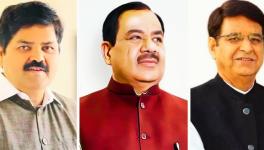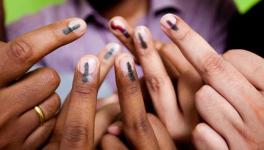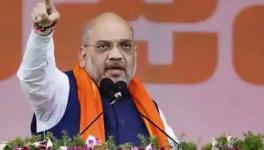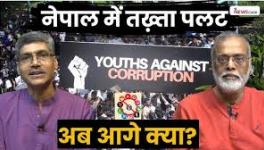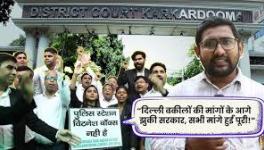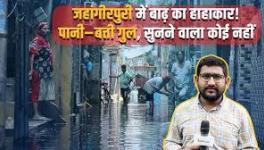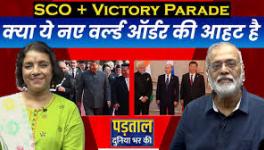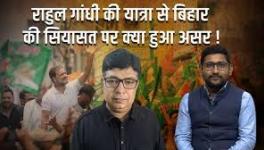‘Gupkar Declaration’ Likely to Be Cornerstone for Future of Kashmir Politics
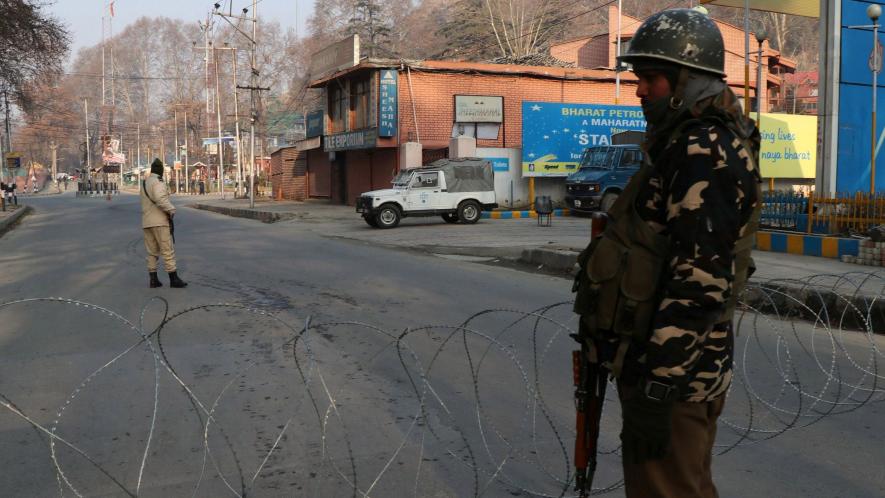
Srinagar: At a time when the top leadership including three former chief ministers have been put under arrest, a shift is taking root in what the mainstream politicians refer to as the ‘Gupkar declaration’ that many expect will determine the future course of politics in Kashmir.
Since the government imposed a severe clampdown in Jammu and Kashmir on August 5, hundreds of politicians were arrested, some of them confined to their homes while scores were shifted to hotel-turned-sub-jails. Among the detained were three former chief ministers of the state—Farooq Abdullah, Omar Abdullah and Mehbooba Mufti. Senior leader Farooq, who is under house arrest, is the only politician detained under Public Safety Act (PSA).
While many politicians and workers have been released ahead of the Block Development Council (BDC) polls to be held on October 24 after signing bonds, some of them cannot even visit their respective constituencies. The political space is still ‘choked’ and politicians ‘battered’, according to members from both National Conference (NC) and People’s Democratic Party (PDP).
The ongoing crisis has, as observers see it, ‘united’ the mainstream political parties including the arch-rivals PDP and NC. The Member of Parliament (MP) from Anantnag, Hasnain Masoodi (retd.), says he expects an exercise in the backdrop of August 5 meeting between heads of different parties at Gupkar that will shape the future politics.
“In August, heads of all political parties came out with a declaration in which they declared a resolve to fight for the special status. Things changed after that, but once the leaders are out, I believe they will have consultations in continuation of what transpired at Gupkar,” Masoodi told NewsClick.
Masoodi is optimistic about the release of his senior party leadership by October 31. He says that the ground for any such activity will develop only after the politicians are released.
On August 4, a day before the government unanimously abrogated Article 370 and downsized the state of Jammu and Kashmir to two union territories, the leadership of all political parties except the Bharatiya Janata Party (BJP) met at the Gupkar residence of Dr Farooq Abdullah to discuss the panic triggered by massive deployment of security forces and several government advisories halting Amarnath Yatra and eviction of tourists from the Valley.
At the meeting, the party leaders came out with a resolve to “remain together and stand united” to safeguard the identity, autonomy, and special status of the State” in what came to be known as the Gupkar declaration.
All the politicians remain under arrest since then.
A senior party member from PDP, who is currently under house arrest, is not as optimistic as Masoodi on the issue of release of politicians, but like Masoodi, believes that the ground for future politics has already been laid at Gupkar on August 4.
“It is a moral binding for all the people who gathered at the Gupkar and came out with a declaration. The situation demands that they get together and build up on it. If they do not, it will be a betrayal,” the PDP leader says, wishing anonymity.
Whether the leaders from mainstream political parties will participate in electoral politics or not remains to be seen, but party insiders in PDP told NewsClick that many have already expressed that they will not be a part of it anymore.
A political activist, who had access to Sher-i-Kashmir International Conference Centre (SKICC), where more than 30 politicians are being held, says that there is already a new ‘united front’ emerging from all political parties like PDP, NC and People’s Conference (PC). A senior member of NC said that he will not be released until another senior leader from PDP is also released.
Just like senior party members and leaders at SKICC, Masoodi says that the top political leadership of NC, especially Omar Abdullah, told him that he won’t seek any legal remedy unless everyone is released.
“He did not agree to take any legal remedy; his concern for all the leaders across the board and demanded they get released together,” Masoodi says.
“While we did witness unity between leaders from different political parties at SKICC, there is also a fault-line emerging within parties,” the activist says.
The biggest fault-line, many believe, has emerged after the leaders were divided on the issue of whether to be a part of electoral politics or not in future.
Masoodi, however, says that the imminent issue is much bigger than participation in the electoral politics. “It is not a simple question of electoral politics, but a larger question of how to respond to the present situation,” he added.
Also read: Kishtwar: Silence Enforced, Anger Simmers
Get the latest reports & analysis with people's perspective on Protests, movements & deep analytical videos, discussions of the current affairs in your Telegram app. Subscribe to NewsClick's Telegram channel & get Real-Time updates on stories, as they get published on our website.











